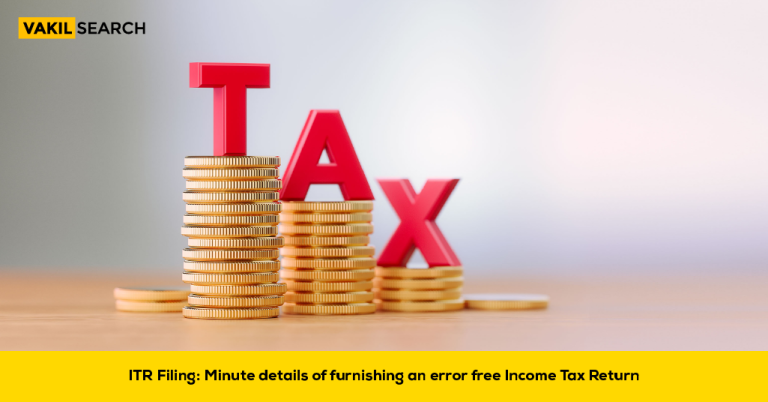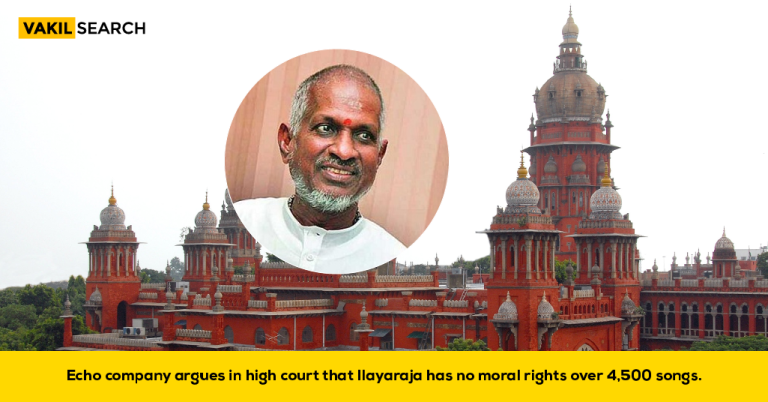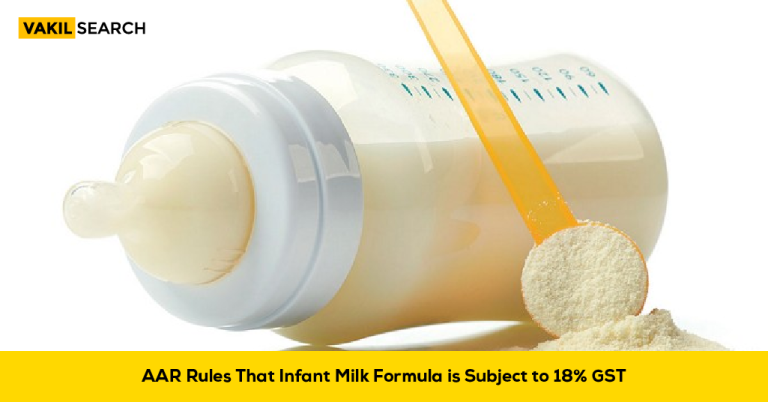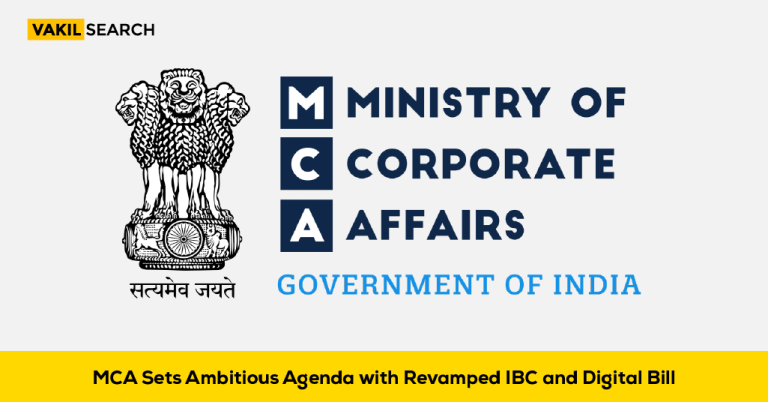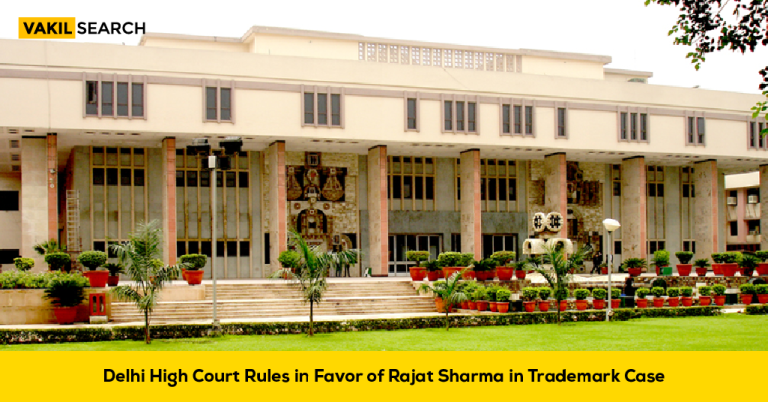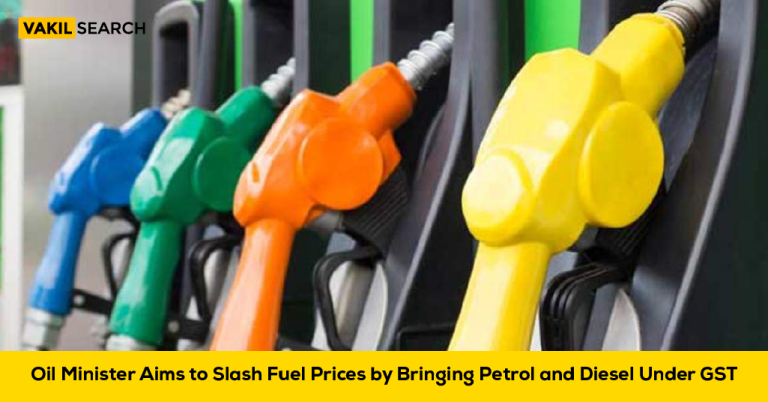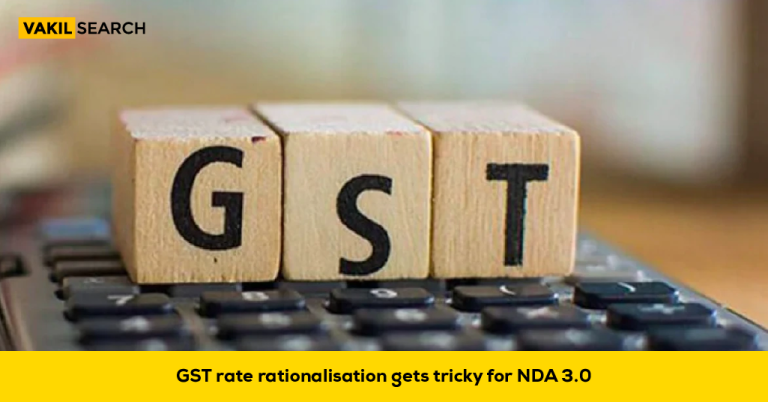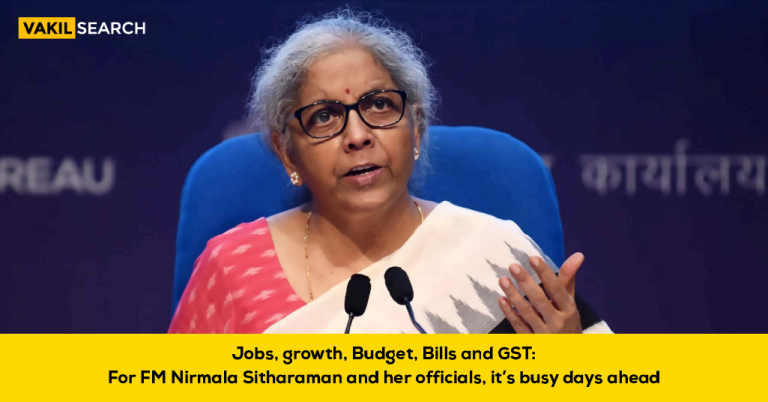In the labyrinthine world of Income Tax Return (ITR) filing, attention to detail can make or break your tax compliance journey. Here’s a concise roadmap to ensure your ITR sails through without a hitch:
Choosing the Right Form
Selecting the correct ITR form is paramount. Factors like residential status and income nature dictate which form suits you best. Using the wrong form risks rendering your return defective, warns experts, possibly invalidating your ITR altogether.
Precision in Personal Details
Accuracy reigns supreme when entering Aadhaar, correspondence details, and bank information. Errors in bank account numbers or IFSC codes can significantly delay your tax refunds, caution experts.
Full Disclosure of Income and Assets
Every penny counts. Taxpayers must disclose all income sources—be it interest, dividends, rental income, or even gambling winnings—regardless of their taxability. Additionally, residents are obligated to declare foreign assets and income, ensuring transparency and compliance.
Reconciling Form 26AS and AIS
Harmony between Form 26AS and Annual Information Statement (AIS) is crucial. Any discrepancies must be promptly addressed. Taxpayers should correct errors in AIS via the portal and notify deductors of any mismatches in Form 26AS, facilitating accurate tax assessments.
Bank Account Pre-Validation
Secure your refunds seamlessly by pre-validating your bank account. This step ensures timely receipt of income tax refunds, enhancing taxpayer convenience and compliance.
Navigating the intricacies of ITR filing demands meticulousness at every step. By adhering to these guidelines, taxpayers can streamline their tax filing process and avoid potential pitfalls. As tax season approaches, mastering these fundamentals will empower individuals to file their returns confidently and error-free.


